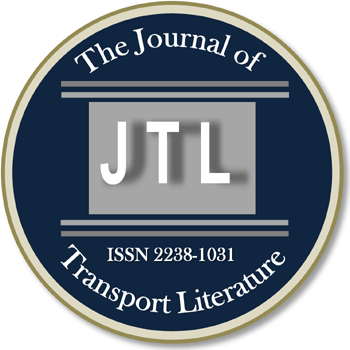The economic liberalization of the Brazilian air transportation has brought visible benefits to the sector, with lower prices and greater popularity. There was, however, more concentration of the operation at major airports and loss of regional coverage. This paper aims to analyze the development of the number of airports served by regular air transportation in Brazil, as well as the concentration indices of operations and coverage across the national territory. It will examine aspects from the process of economic deregulation that the Brazilian air market suffered in the 1990s and early 2000s, causing the national air transportation became more competitive and efficient, but also with operate more geographically concentrated. These factors resulted in benefits and in harms to passengers: on the one hand, lower prices, high induction air traffic's and increased accessibility of new customer, on the other hand, pressed accelerated growth of airport infrastructure and airspace - with arising congestion generators bottlenecks and delays - and worst coverage. This study developed an econometric model that allowed for analysis of potential explanatory variables of the coverage of air transport as well as their influence and impact on the number of airports served.
deregulation; number of airports; airline market; econometrics
